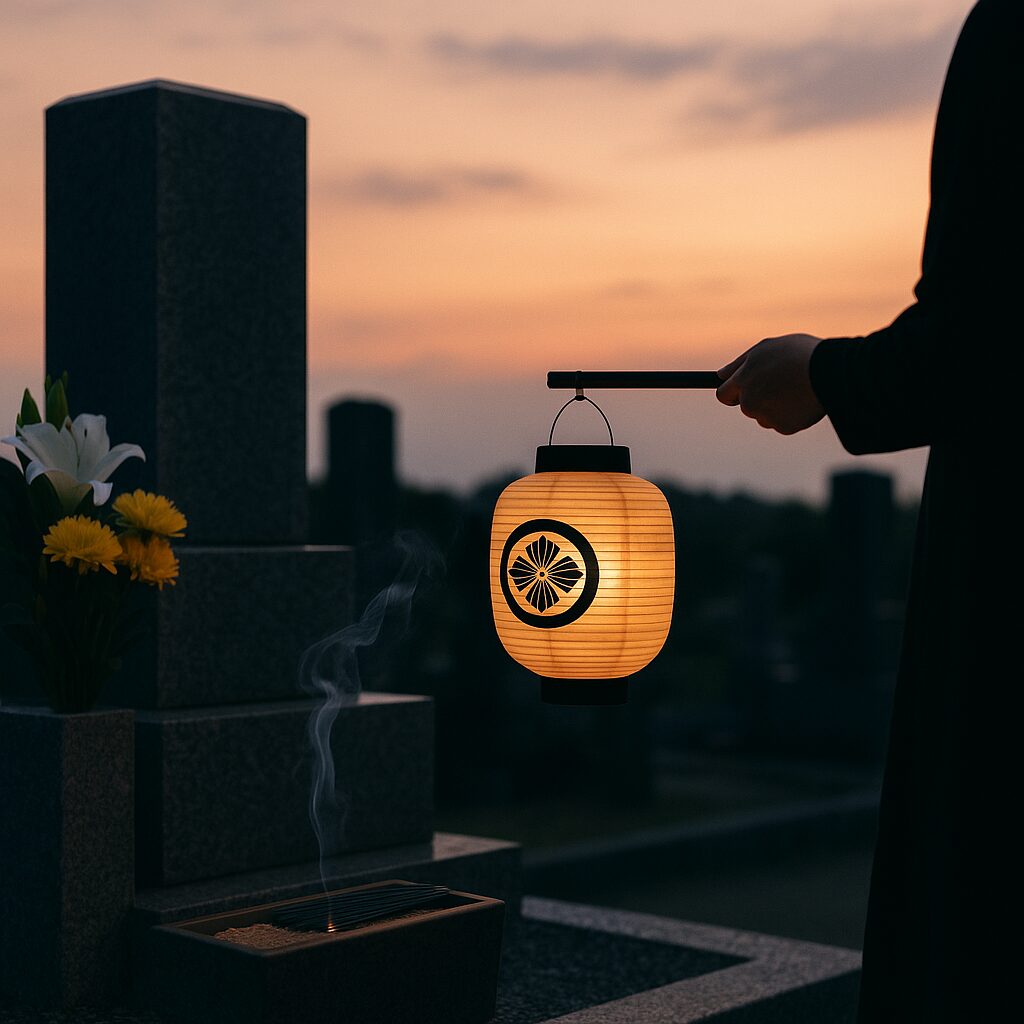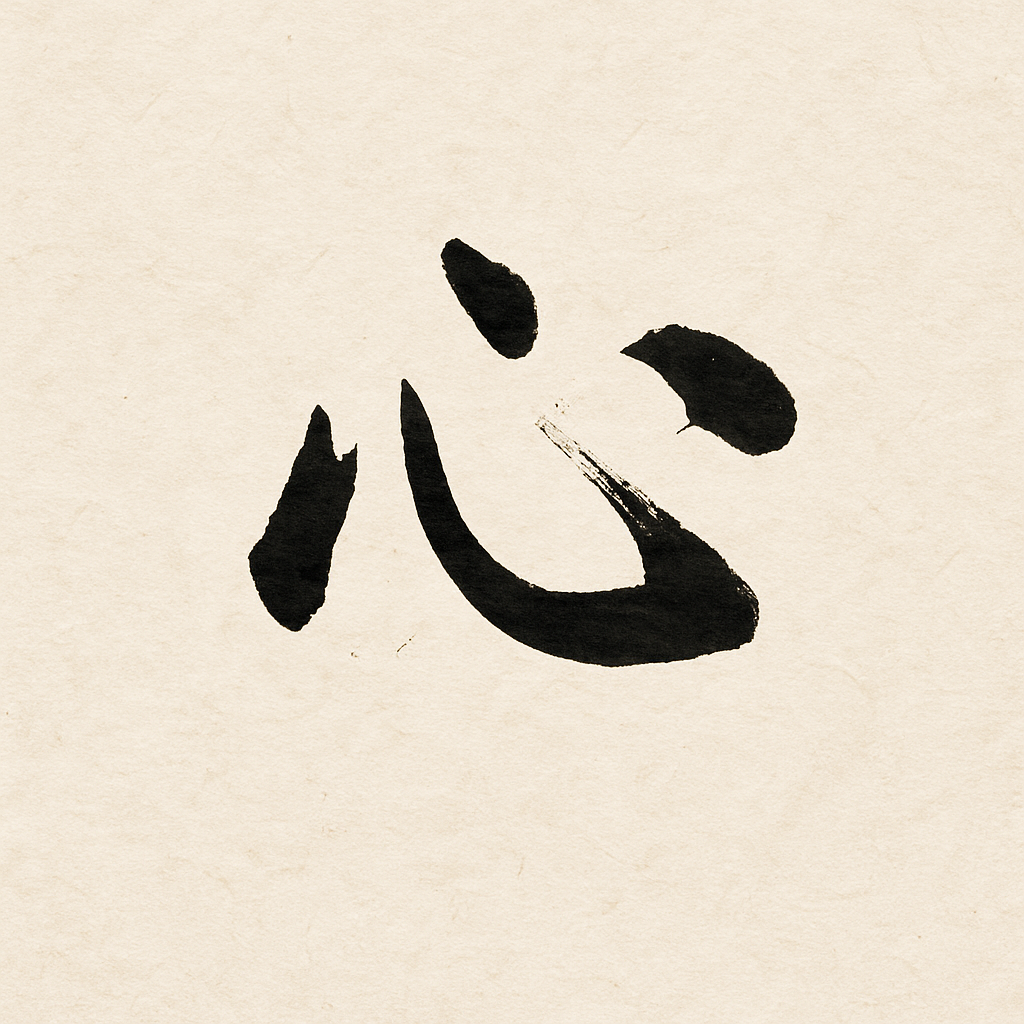By Kokoro Still
Obon (a Japanese Buddhist tradition for welcoming ancestral spirits) is not just a summer ritual — it is a quiet reunion across time.
This piece reflects on how light and smoke become bridges between worlds.
A paper lantern glows beneath the eaves.
A trail of incense rises, thin and steady.
In this hush, we remember — and something returns.
Obon is not just a summer ritual.
It is an act of invitation.
A way of making room — for the unseen, and for what lingers in the heart.
The Room That Waits
There is a room in the house that changes during Obon.
The fusuma is slid open. The lights are dim.
At the center of the home, incense is quietly offered before the butsudan —
a small Buddhist altar kept in many Japanese homes.
I remember entering this room as a child,
quieting my footsteps as I approached.
The smell of incense, the polished wood,
and the feeling that this room had become a threshold.
We believed our ancestors returned.
Not in form, but in presence —
and it was here they were welcomed.
A Path Lit by Smoke and Light
Outside, a lantern is hung by the door.
Inside, a single stick of incense is lit.
Not to drive spirits away,
but to guide them home.
The smoke does not rise quickly.
It drifts, unhurried, as if remembering the way.
And the lantern sways gently in the night air —
marking a passage between worlds.
We do not call loudly. We do not chase.
We offer light and wait.
This is how Japan welcomes.
The Spirit Horse and Cow
On the first day, we place two small animals beside the altar —
a horse made of cucumber, and a cow made of eggplant,
known as shōryō-uma: spirit vehicles for our ancestors.
They are not decorations.
They are rides for the returning spirits.
The horse brings them swiftly to our home —
eager to reunite.
The cow carries them away — slowly, with offerings upon its back.
In these humble figures,
we see the shape of love:
welcoming with haste, and parting with care.
Cleaning the Stones, Meeting Again
We visit the grave not just to clean,
but to touch memory.
I remember standing beside my grandfather,
as he gently poured water over the gravestone.
He didn’t say much. He just nodded,
and lit a stick of incense.
Its smoke rose silently,
as if speaking what words could not.
Later that evening, the house would grow lively.
Relatives arrived one by one —
bringing gifts, stories, and the quiet warmth of familiar faces.
Before sitting down, each stopped by the altar.
They lit incense and bowed, as if resuming a quiet conversation.
And in those simple gestures,
the house felt full —
not only with people,
but with presence.
A Farewell Without Closing
Obon ends without announcement.
No ceremony, no final word.
We quietly take down the lantern,
and return the spirit cow to its place —
its role gently complete.
The room returns to normal,
but something has shifted —
not visibly, but within.
We welcomed, we remembered,
and we made space.
Kokoro is not always loud.
Sometimes it is the act of waiting —
with light, with smoke, and with silence.
feel free to share a quiet thought in the comments.
Or simply carry it into your day.
*The featured image was generated using ChatGPT.*
What did this moment bring to mind for you?
Leave a quiet note below — or simply carry it with you into your day.



コメント